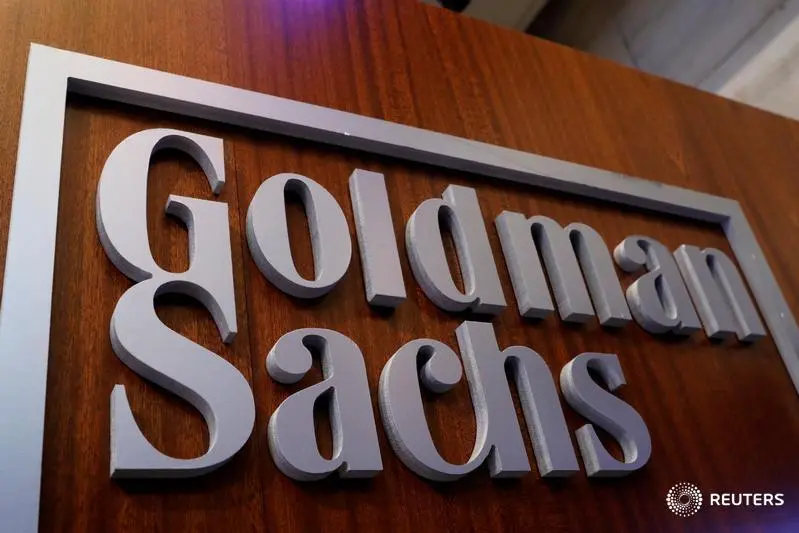PHOTO
NEW YORK - Goldman Sachs has found a new way to live its mantra of being long-term greedy. The Wall Street firm on Sunday publicly set itself a numerical target for helping tackle the global problem of climate change. It’s fuzzy but it’s a start - since on the same day representatives from nearly 200 countries at a United Nations climate summit achieved next to nothing.
Chief Executive David Solomon wants Goldman to rack up $750 billion in sustainable finance over the next decade. That’s to be spread over five broad areas linked to climate, including energy, food and agriculture, and waste and materials; and another four aimed at inclusive growth, such as innovative healthcare, and accessible and affordable education.
Granted, it’s a hazy target. Goldman will include not just financing and investing, but also “advisory activity.” Hitting that number would only require a handful of deals on the scale of the $43 billion merger between Fiat Chrysler Automobiles and Peugeot that its bankers are currently working on – and which is predicated in part on sharing the costs of developing electric batteries. Tracking and externally verifying the actual impact of any of its work is also key.
There are other things Solomon’s firm could do that would be more concrete, too. It hasn’t signed up to the UN’s Principles for Responsible Banking program. Goldman has of late lent an average $20 billion a year to fossil-fuel companies, according to shareholder-advocacy group As You Sow, which has called on several big U.S. banks to measure and disclose the greenhouse-gas footprint in their loan books.
Yet the move shows that hard-nosed Goldman believes there’s money to be made from sustainable investment. That’s an encouraging sign that one of the thorniest problems in trying to avert climate change – finding the money – can be solved.
Dithering politicians meeting in Madrid are way behind. Finding the necessary cash to help smaller and poorer countries fight global warming was one of the sticking points from the UN summit, which ended with a weak agreement that there is an “urgent need” to tackle emissions. It’s a worrying situation when it’s Wall Street that’s taking the long view.
CONTEXT NEWS
- Goldman Sachs on Dec. 15 said it is targeting $750 billion of “financing, investing and advisory activity” in nine areas of climate transition and inclusive growth by 2030.
- These include clean energy; sustainable transport; food and agriculture; waste and materials; ecosystem services; accessible and innovative healthcare; financial inclusion; accessible and affordable education; and communities.
- The United Nations COP25 climate summit ended on Dec. 15, with the almost 200 countries in attendance only agreeing on the “urgent need” to close the gap between existing emissions pledges and goals of the 2015 Paris climate accord.
- On Nov. 26, nonprofit shareholder-advocacy group As You Sow filed a resolution calling on Goldman Sachs to issue a report detailing “whether, how, and when it will begin measuring and disclosing the greenhouse gas footprint of is lending activities.” As You Sow also filed resolutions with Bank of America, JPMorgan, Morgan Stanley and Wells Fargo.
(Editing by John Foley and Amanda Gomez) ((antony.currie@thomsonreuters.com; Reuters Messaging: antony.currie.thomsonreuters.com@reuters.net))





















